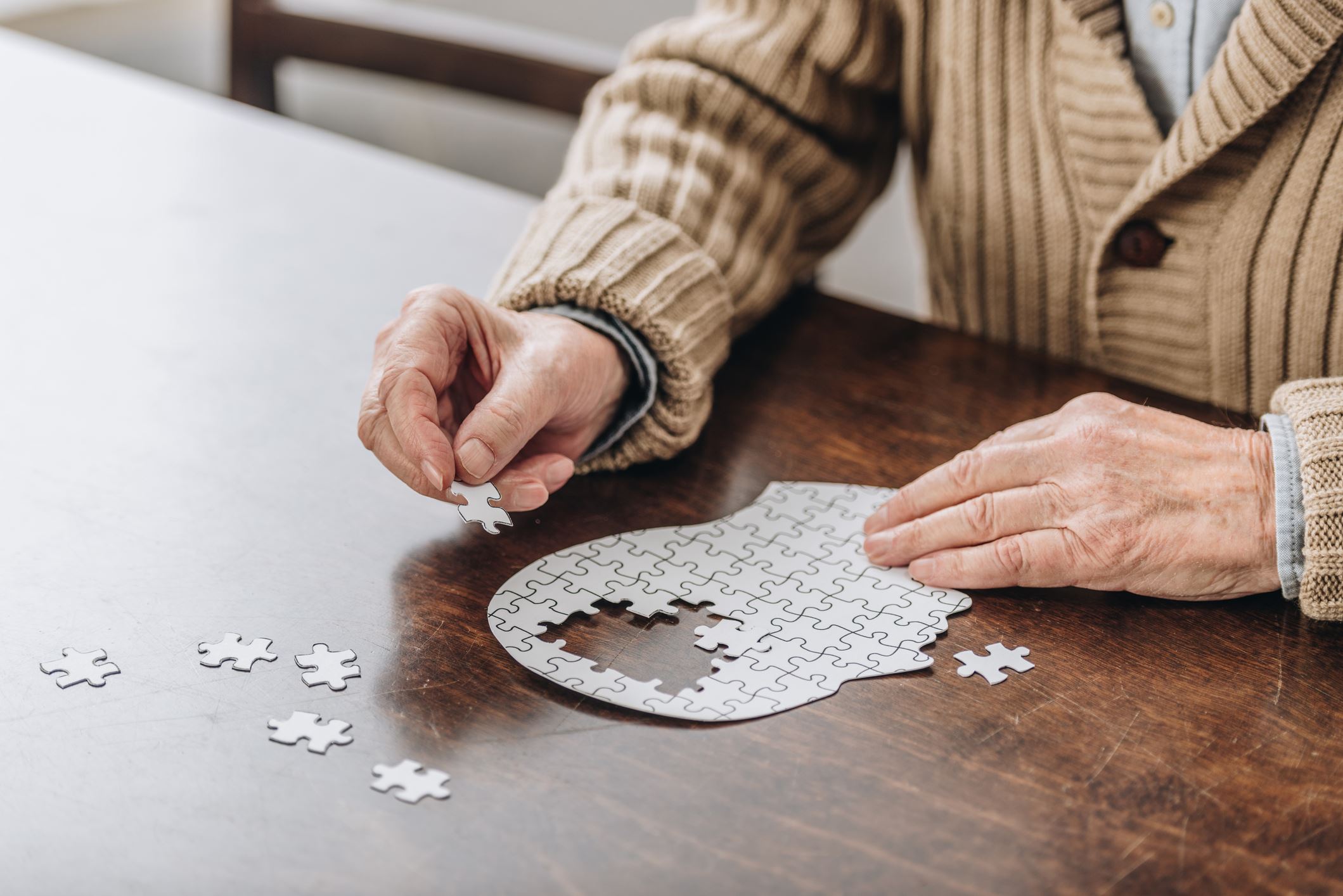The immediate symptoms of a traumatic brain injury (TBI) include memory loss, difficulty speaking, and confusion. Depending on the severity of the brain injury, these symptoms often clear up or are treatable with certain forms of rehabilitation therapy.
But, every brain injury lawyer knows that such symptoms can manifest in the years or decades after the injury is sustained.
Links Between Dementia and TBI
Years of research, including recent studies, have revealed a strong link between moderate/severe traumatic brain injuries to a greater risk of developing Alzheimer’s disease or another form of dementia.
A Danish study published in 2018 examined nearly three million people who had sustained traumatic brain injuries over 36 years. Ultimately, researchers found that brain injury survivors had a 24% higher risk of being diagnosed with a form of dementia compared to those who had never suffered a brain injury.
This correlation was strongest in those who sustained TBI in their 20s; these individuals were nearly 63% more likely to develop dementia by their 50s than those who did not suffer TBI in their 20s. Additionally, the study furthered that recurrent brain injuries significantly increase one’s risk of developing dementia in their lifetime.
Alzheimer’s disease and other forms of dementia are progressive diseases, meaning that they typically worsen over time. They can also impact quality of life, shorten life span, and affect one’s overall health.
Did You Sustain a Traumatic Brain Injury?
When you sustain a traumatic brain injury, you deserve to be properly compensated not just for your current medical expenses but also for future lost quality of life and related medical bills. At Fowler | Helsel | Vogt, our legal team has the skills, experience, and tenacity that are needed to ensure you receive maximum compensation after an injury.
Contact our firm at (559) 900-1280 to get started with a free consultation.


